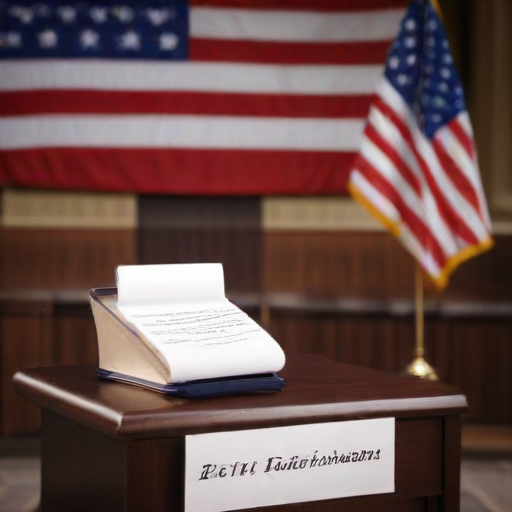Donald Trump has nominated Linda McMahon, the former CEO of World Wrestling Entertainment (WWE), as his candidate for the position of education secretary. McMahon, who has been a staunch ally of Trump, previously led the Small Business Administration during his first term. With Trump’s criticism of the Department of Education and his intention to potentially dissolve it, McMahon may spearhead this initiative if Trump is re-elected in January 2025. Alongside McMahon, Trump has also chosen Mehmet Oz, a well-known television doctor, to head the Centers for Medicare and Medicaid Services (CMS).
These appointments demonstrate a consistent strategy by Trump to fill key cabinet positions with loyal supporters. McMahon, who co-founded Titan Sports with her husband in 1980 — later known as WWE — has a limited background in education, although she served on Connecticut’s state board of education for a brief period. Given her leadership at the pro-Trump America First Policy Institute, which advocates for parental rights in education, her nomination is expected to be favorably received by the Republican-majority Senate.
Trump announced McMahon’s nomination on Truth Social, highlighting her dedication to advocating for parental rights and her role in promoting his education policy to return authority to the states. This approach aligns with many Republicans who contend that the Department of Education promotes what they call a “woke” ideology concerning topics like gender and race, and they seek to shift this power to state governments.
However, it’s worth noting that McMahon is currently facing a lawsuit alleging that she and her husband allowed abuse by a WWE announcer, allegations which they vehemently deny, calling them baseless and defamatory.
In summary, Trump’s selection of McMahon and Oz emphasizes a trend of appointing loyal allies to significant roles, potentially influencing the direction of education and healthcare policy in the U.S. Should these candidates be confirmed, they may usher in significant changes to the educational landscape, aligning with Trump’s broader vision for governance by moving power back to the states.
This cabinet composition might present an opportunity for more localized control over education policies, allowing for tailored solutions to meet the unique needs of different communities across the nation.
